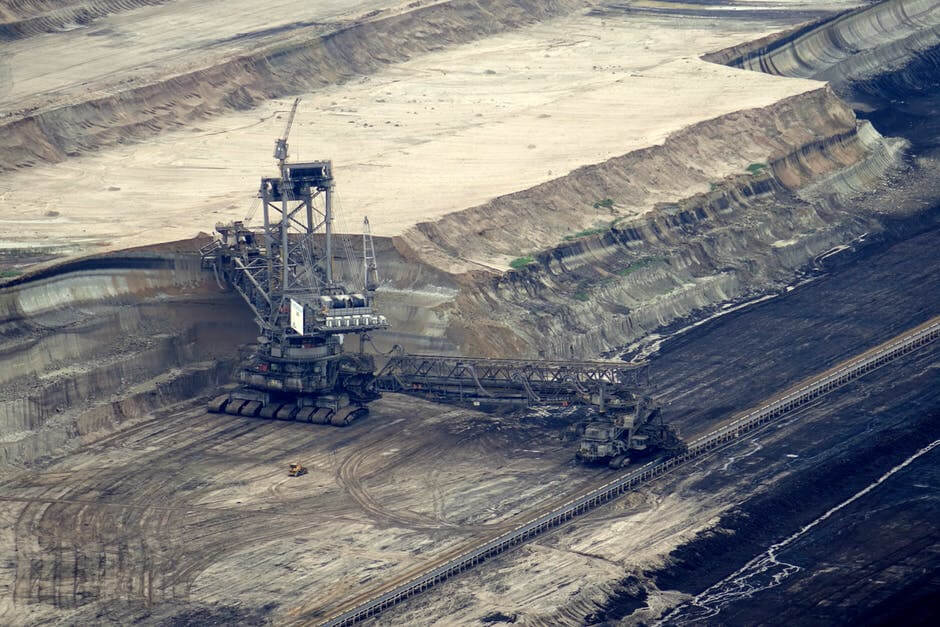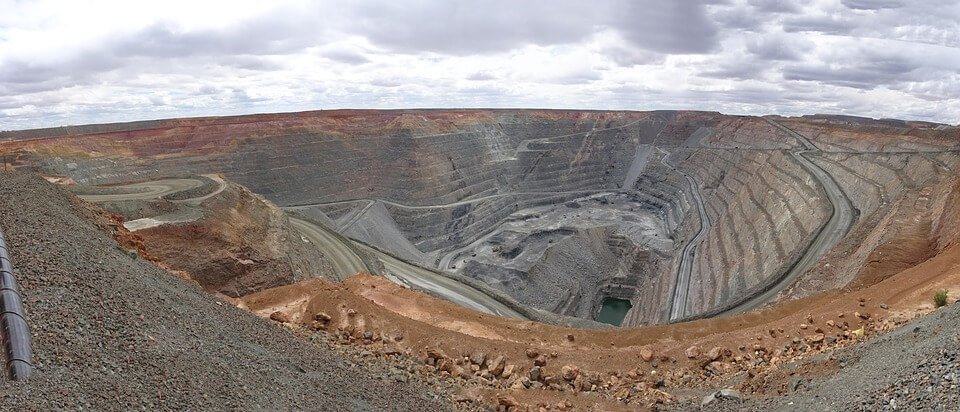Business
Governments tighten control over mines owned by foreign mining companies
Foreign-owned mines have undergone scrutiny from local governments lately.

The mining industry worldwide faces a challenge. As of late, governments around the world are stepping up and demanding some control over their countries’ mines that are owned by Western mining companies.
According to Ernst & Young partner Paul Mitchell, these local governments are reducing the grip of Western companies on their natural resources. The movement to take their resources back, and use or develop these themselves will increase. In turn, Western companies will see supplies dropping.
Indonesia
Just last week, it was announced that the Arizona-based Freeport-McMoran Inc. (FRA:FPMB) just sold a huge stake in its Grasberg copper and gold mine located at Papua, Indonesia. Earlier, Freeport-McMoran CEO Richard Adkerson refused to comply with the Indonesian government’s demand to sell to Indonesian investors.
Now, after Adkerson’s about-face, the government and Adkerson must settle on the price local investors need to pay the company. The sale will reduce Freeport’s Grasberg mine ownership from 81 percent to 49 percent, losing its majority in the process. However, the company still wants to keep its hands on the mine’s operations.
During the second quarter earnings call last July, Adkerson said that these are already under discussion with the Indonesian government and that they were reaching a near-term resolution. In that call, he also stated that governments around the world—not just in Indonesia—are seeing the rising profits of businesses and are devising ways to capitalize on that. He also mentioned that problems with the government, miner strikes, and deteriorating mining tools and equipment will disorganize metal supplies and even charge high prices.
Aside from this sale, the Grasberg mine has been under the spotlight as the miners’ strike has reached its fifth month. However, Freeport sees this protest in another light. The company stated that 4,000 workers have stepped down from their positions after the company asked them lower instances of being absent from work.

Governments want to take control of foreign mines threatening to dominate the local industry. (Source)
South Africa
In South Africa, its government is asking the mining industry to grant locals more control of the mines. In addition, it also increased the costs mining companies have to pay. Due to that, the deal between Harmony Gold Mining and AngloGold Ashanti ended up in a standstill. The former has been eyeing the latter’s South African assets, which are said to be around $500 million to $650 million.
There is another option for the two companies: Harmony’s purchase of the Vaal River operations of AngloGold. This option will cost Harmony at around $150 million. However, a Harmony spokeswoman said that this partial purchase was “pure speculation” while an AngloGold spokesman did not comment on the topic.
Meanwhile, Mining Minister Mosebenzi Zwane announced that the South African government plans to pass the changes in the Mineral and Petroleum Resources Development Act by December. Back in 2015, President Jacob Zuma returned the bill to legislators because of the issue of the bill overstepping global trade obligations. This version of the bill is also expected to increase investor confidence.
Mongolia
The Mongolian government is also asking for more local control over some mines in the country after citizens elected former martial artist and entrepreneur Khaltmaa Battulga as their president. Battulga asked about the government having a majority stake in mines, which instilled worries to some investors.
Additionally, the Mongolian herders were victorious in a historic agreement with the administration of the Oyu Tolgoi copper mine. One of the largest copper mines in the world, the mine is owned by Australia-based Rio Tinto and the local government. The dispute came after the mine endangered these traditional camel herders’ livelihoods and health.
Included in the arrangements agreed upon by the parties are development of new plans for enhancing water systems, rectification of broken lands used for pasture, and support for the herders’ economic endeavors. The herders’ triumph marked a significant progress since their voices regarding the mine’s negative effects on their communities were finally heard.
Zambia
In Zambia, things are way more heated as Switzerland’s Glencore Plc (LON:GLEN) made threats to fire 4,700 miners working in its Mopani mines in the country. This follows the Zambian government’s decision to increase electricity costs. Copperbelt Energy Corp. reduced the power supply to some of the mines’ power supply after the mining company refused to fork out the higher fees. The combination of lower power supply and refusal to pay resulted in the suspension of operations in the mines.
According to Glencore, the rise in the electricity fee was not included in its agreement with Copperbelt. The Mopani mines planned to cut jobs and close some areas of the mine as a consequence of the power supply restriction.
However, later in August, Mopani and Copperbelt reached a deal, thanks to the intervention of Zambia President Edgar Lungu. Copperbelt will restore power to the mines, and the government will assist Mopani in terms of tax refunds within six weeks.
Latin America’s direction
Meanwhile, other countries such as Ecuador and Argentina have made their regulations more accommodating for investors and mining companies to acquire more minerals.
Ecuador applied revisions on its regulatory framework and also made a major investor engagement campaign. As a result, the country has quickly established itself as an ideal mining investment destination. It is now anticipating a 360 percent increase, which amounts to over $4 billion, in its mining investments in the next four years.
On the other hand, the Argentinian government, along with the governors of 20 provinces, signed a mining agreement last June to consolidate its regulations and taxes. This move will supposedly gain the attention of foreign investors to the nation.
Still, in the near future, technology may allow governments to operate mines themselves. Mitchell said that this shift in the work process may lead to mining companies lose total control of their mines. He posed an interesting thought: Is this rise in the governments’ nationalism is simply what it is or they don’t need the foreign mining companies in running the mines for them anymore?

-

 Markets2 weeks ago
Markets2 weeks agoMarkets, Jobs, and Precious Metals Show Volatility Amid Uncertainty
-

 Crypto3 days ago
Crypto3 days agoEthereum Outlook: Key $2,190 Resistance, Whale Accumulation, and Buterin’s Push for True DeFi
-

 Cannabis1 week ago
Cannabis1 week agoAI Can Mimic Psychedelic Experiences but Cannot Truly Feel Them, Study Warns
-

 Crowdfunding6 days ago
Crowdfunding6 days agoBSG Stahl Riesa Launches Crowdfunding for New Floodlights


























You must be logged in to post a comment Login